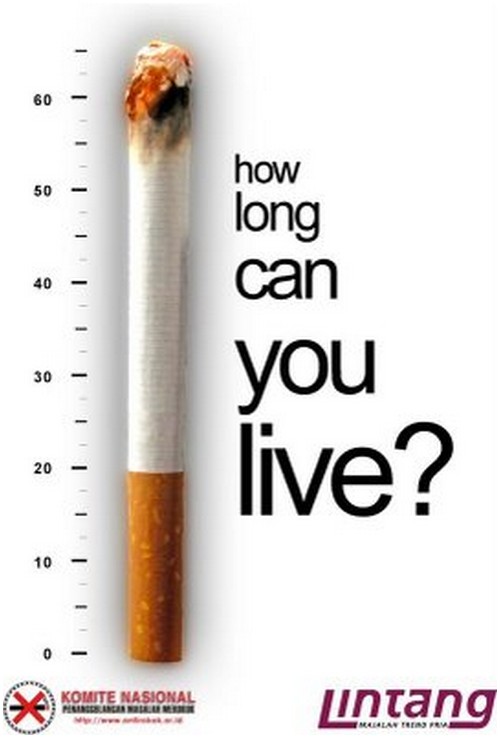"Non- Smoking Campaign"
You probably don’t realize it, but tobacco is all around you – the Philippines is known to be one of the top 20 smoking nations in the world, with at least 17.3 million Filipinos currently hooked on tobacco products.
Non-smokers aren’t safe from it either: according to 2009 Global Adult Tobacco Survey, at least 50% of Filipinos are exposed to secondhand-smoke while on public transportation, 33.6% are exposed to it in restaurants, and 39.6% are exposed to it even in their own homes.
But tobacco companies take hold of us in other ways. Walk by any street anywhere and you are sure to be accosted by countless sari-sari store signs pushing tobacco products.
At a time where all forms of tobacco advertisement should be banned, tobacco companies circumvent these prohibitions this way: providing free store sign ages to the millions of sari-sari stores in the country, reaching the very people who ought to be protected from these dangerously suggestive tobacco advertisements – the youth.
All tobacco promotions are dangerous, but today, health advocates around the world are joining together to protest an ad campaign designed to appeal specifically to the youth.
Emer Rojas, a cancer survivor who is only able to speak because of a handheld electronic device that replaced the functions of his vocal cords, formed NVAP in 2007 to initially represent tobacco victim but has now covered other persons with disabilities (PWDs).
Under his helm, NVAP strongly campaigned for the passage of the sin tax law and the graphic health warning law defying a strong tobacco lobby that saw Congress bypassing these measures for many years.
With his robotic-sounding voice that made him a media magnet and a sought-after speaker in many events, Rojas also holds talks in campus to reach out to young Filipinos and raise their awareness on the harmful effects of smoking.
In the 2012 Senate hearing on the sin tax, Rojas led NVAP members who lined up and removed the coverings on their necks to expose the hole created by the removal of their vocal cords due to smoking.
Considered as a landmark measure, the sin tax targets reducing the Philippines’ smoking prevalence from 31 percent to 27 percent with an estimated two million smokers quitting and saving 63,000 lives.




